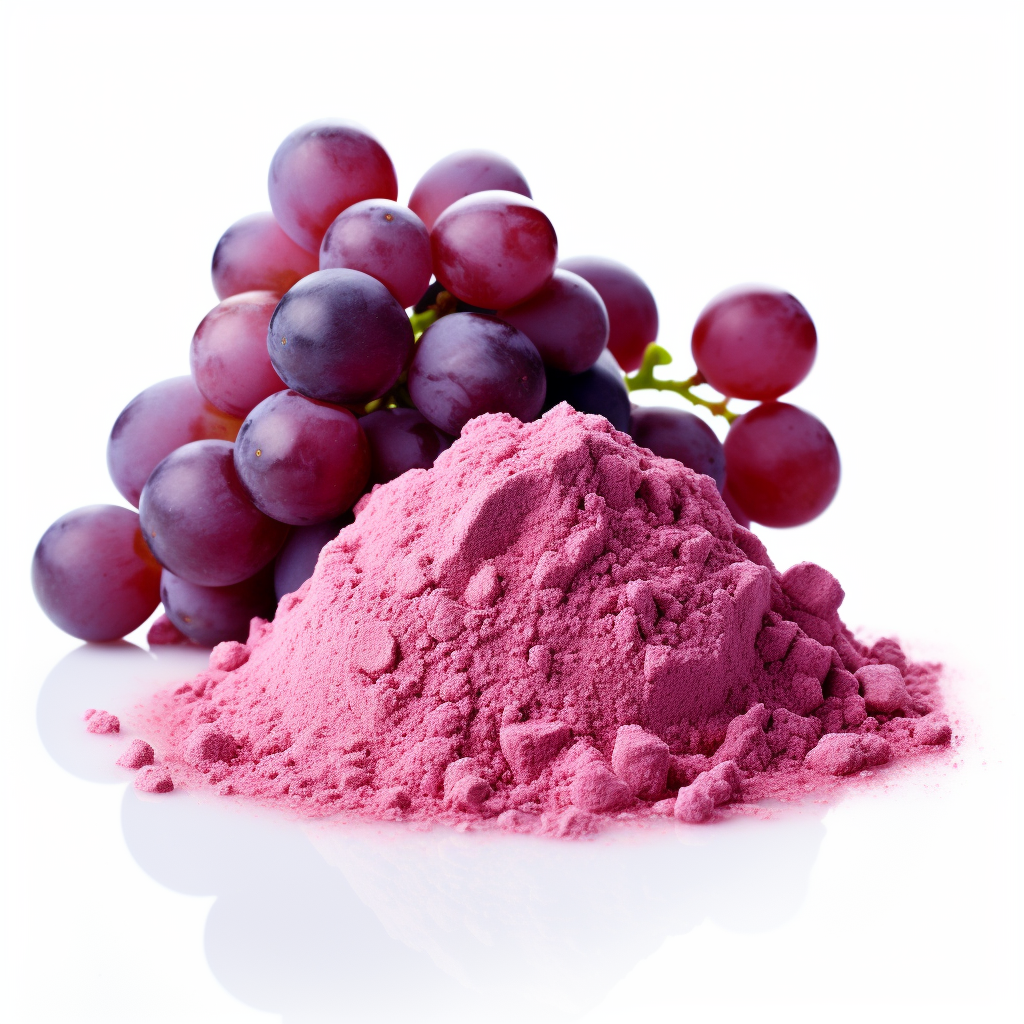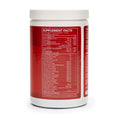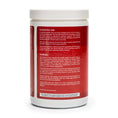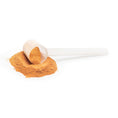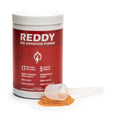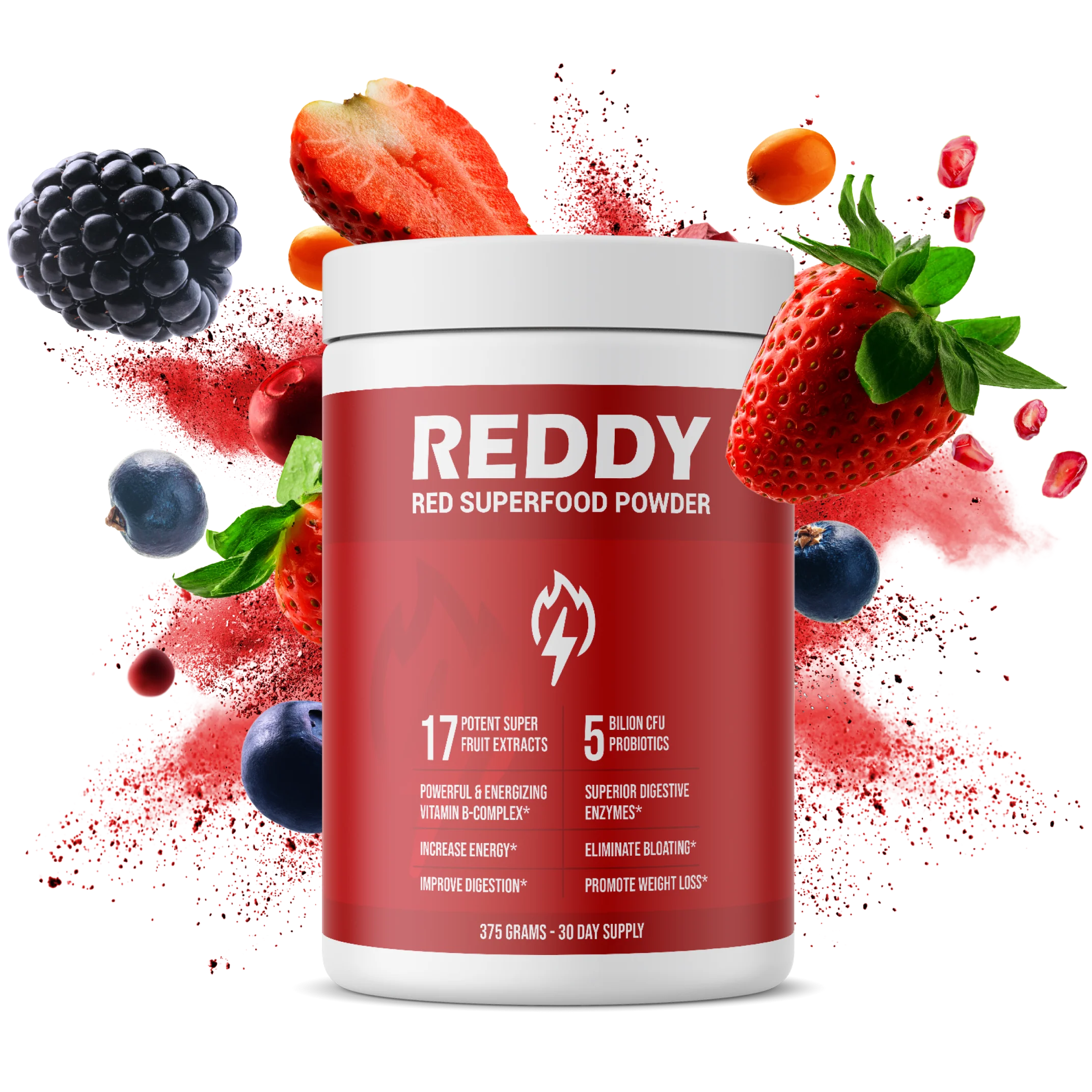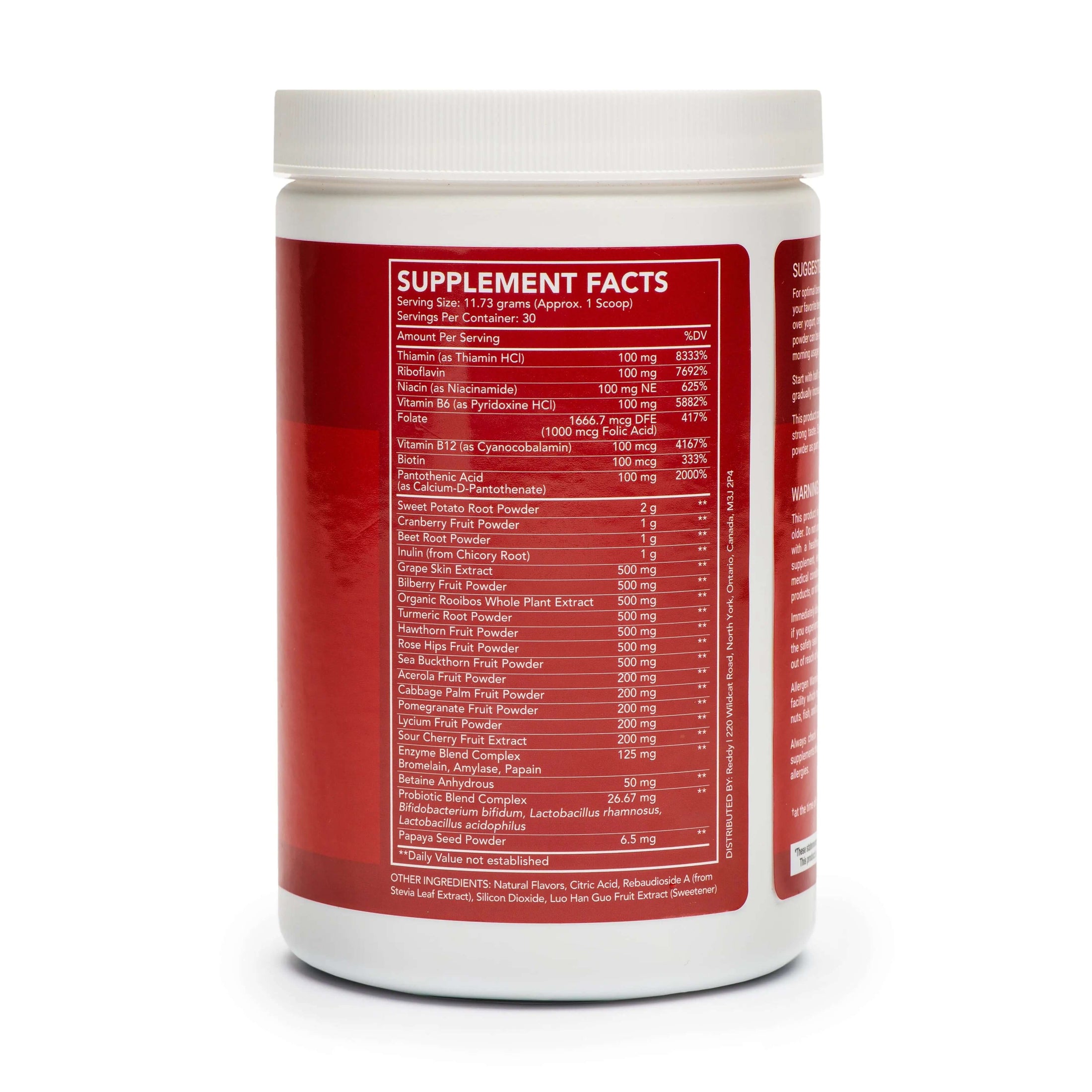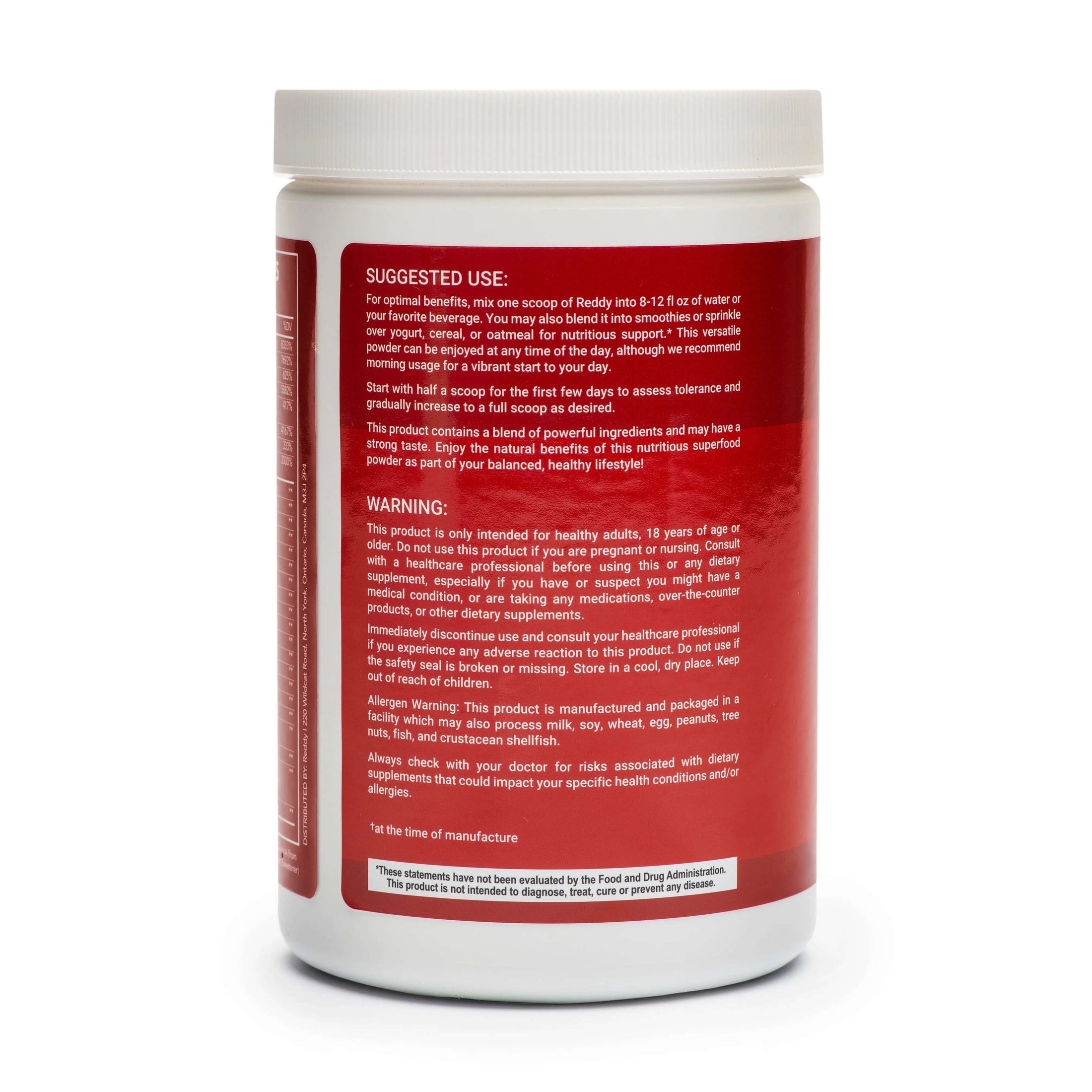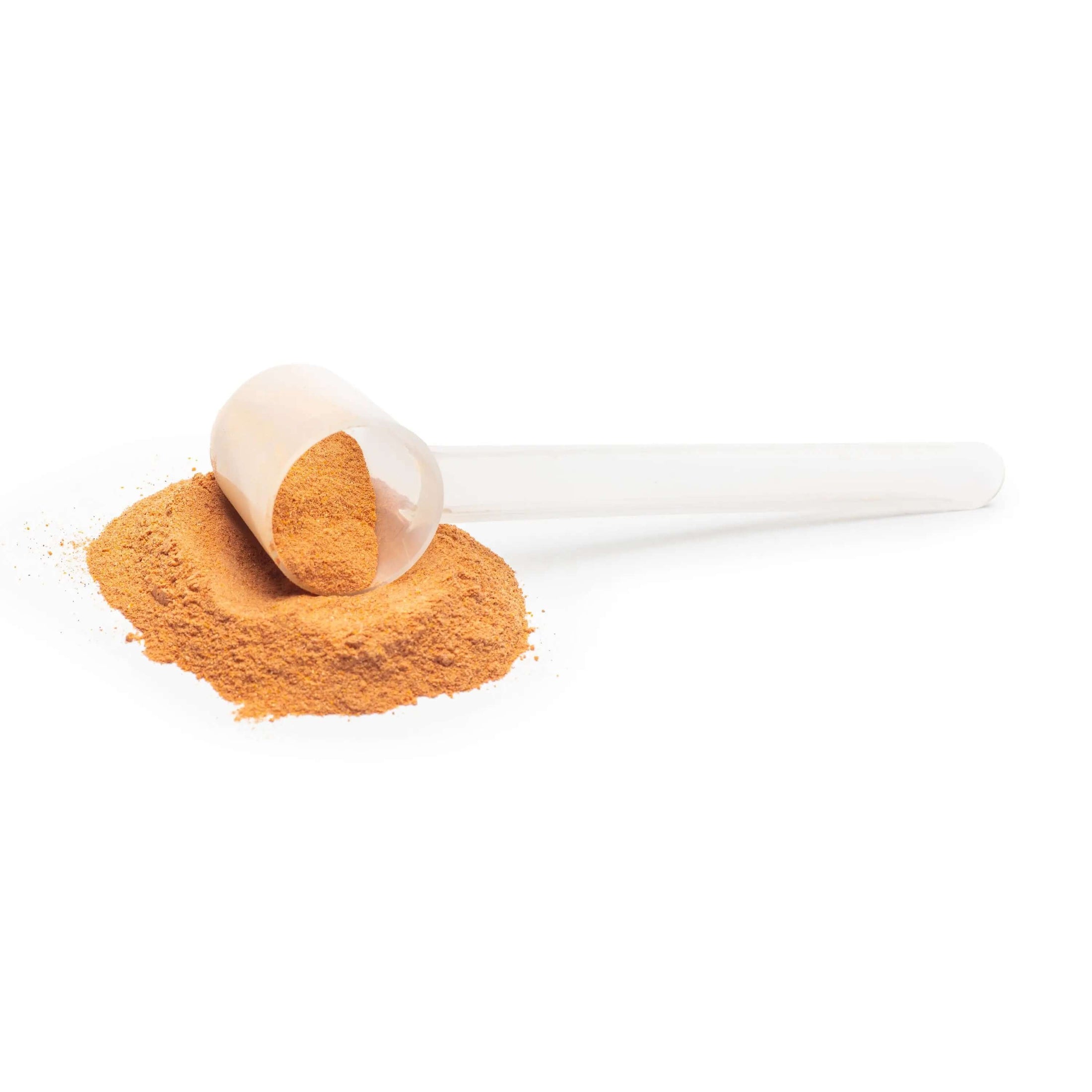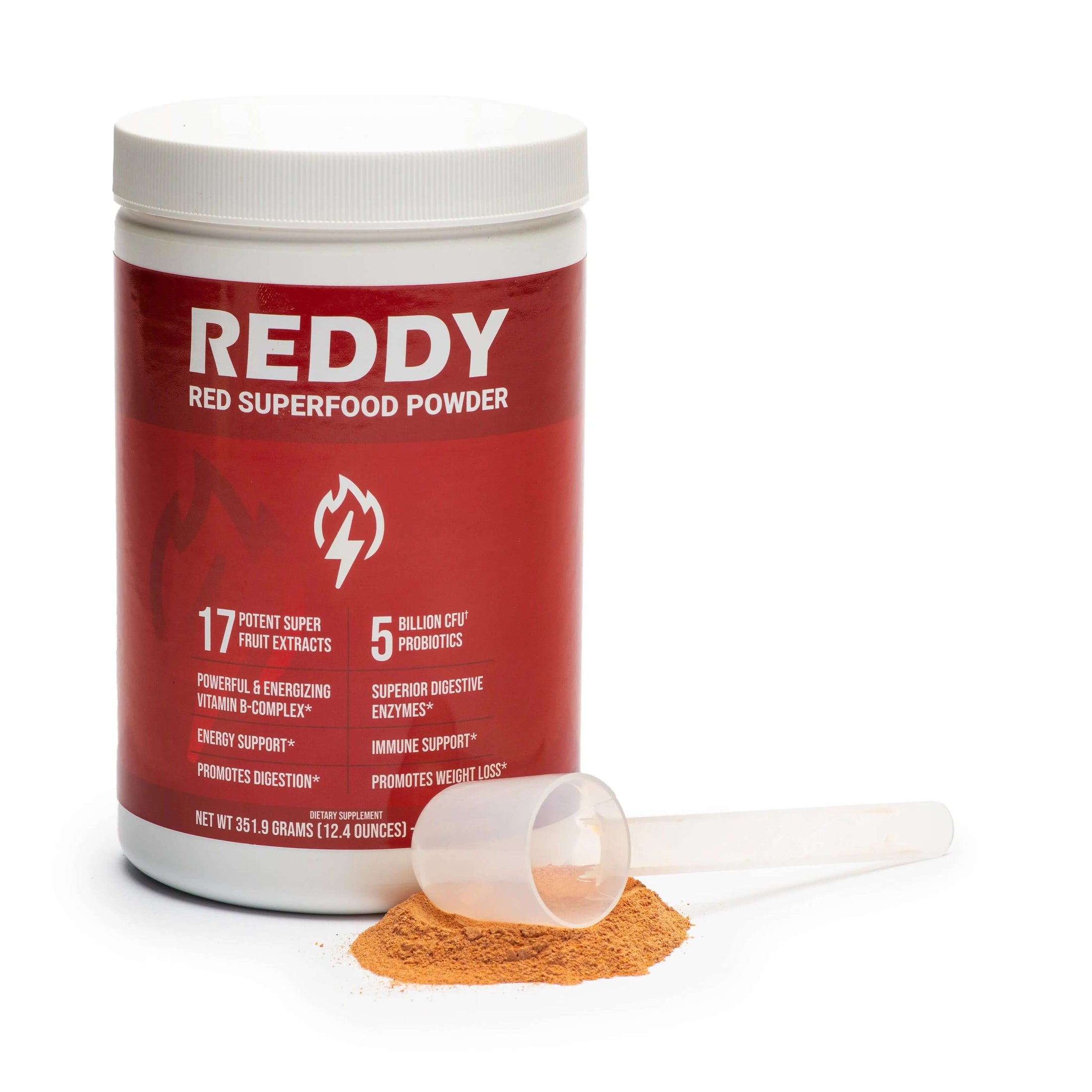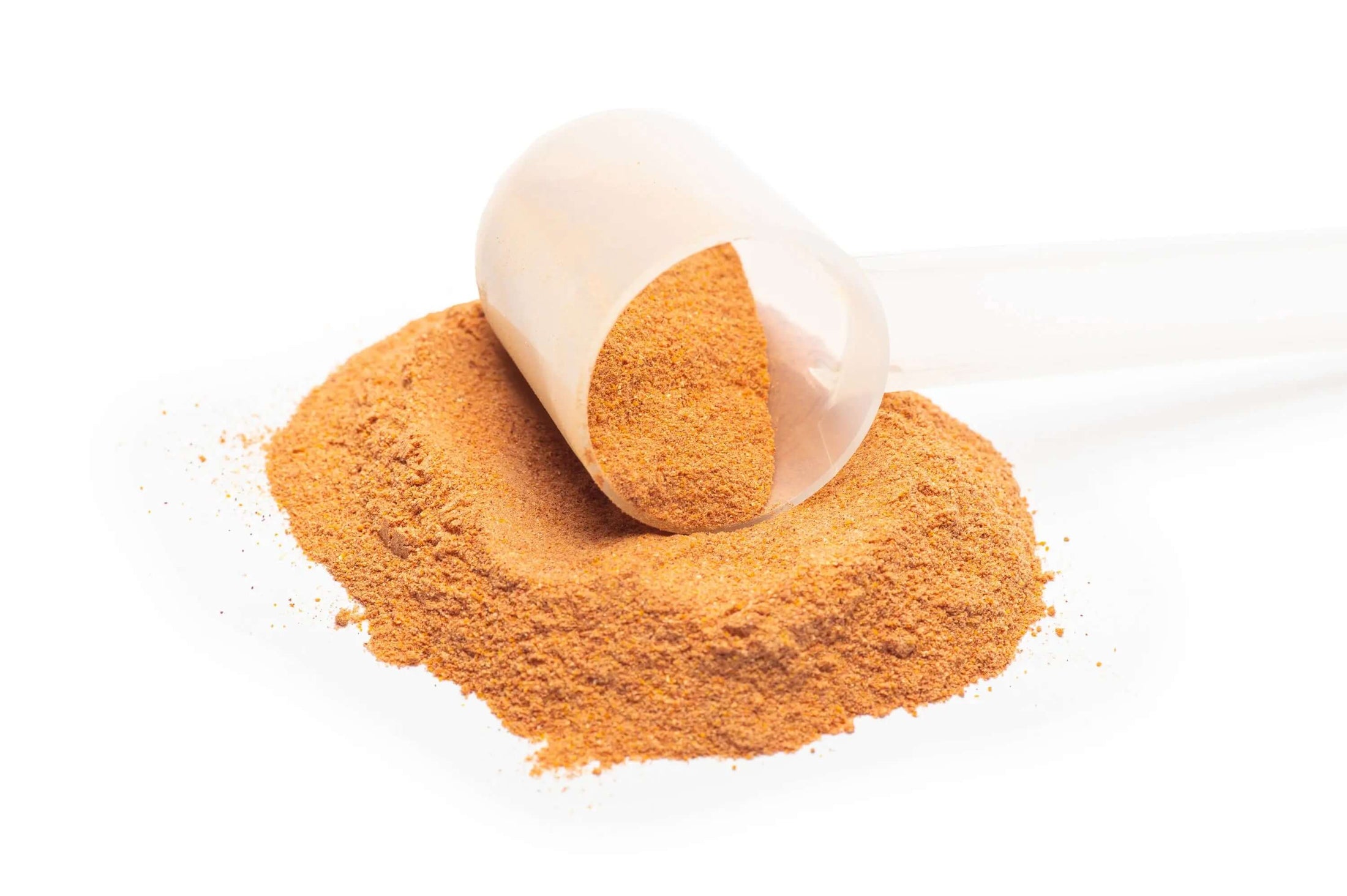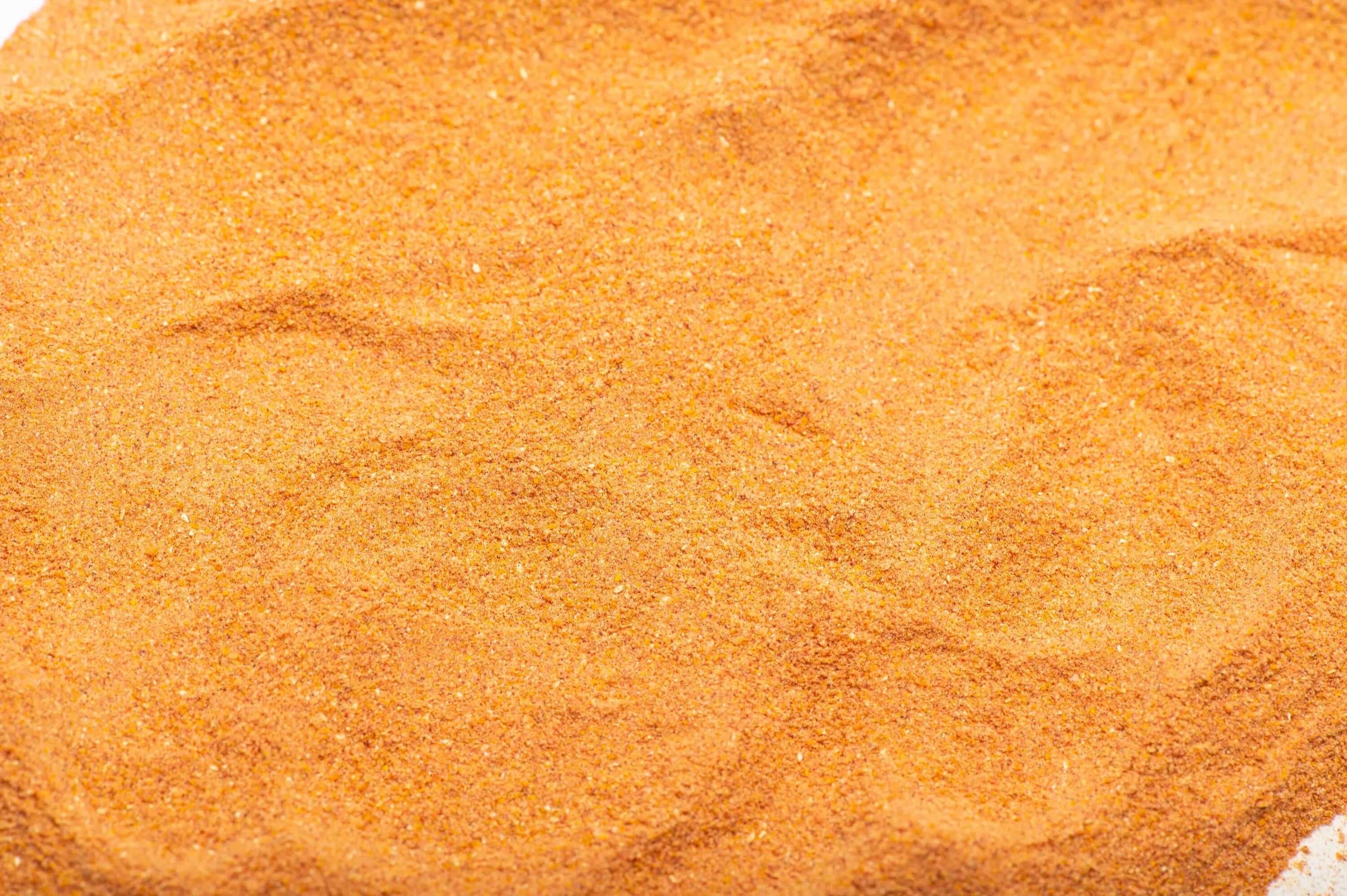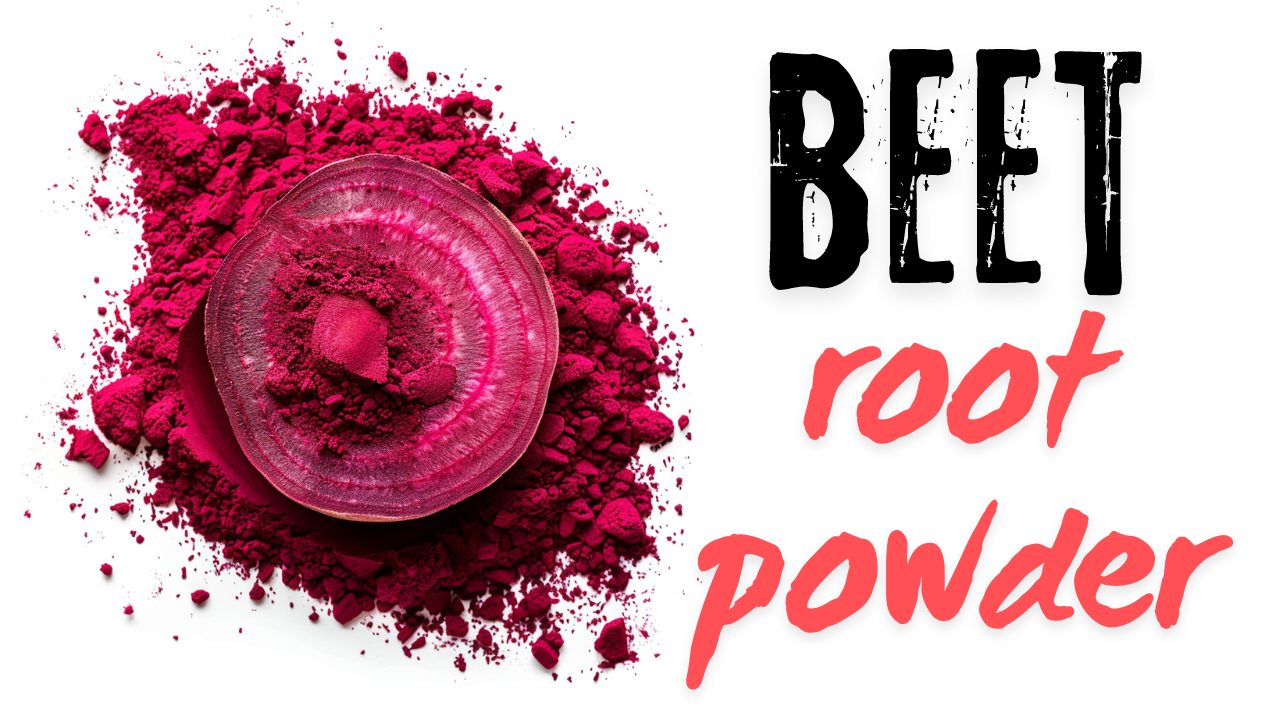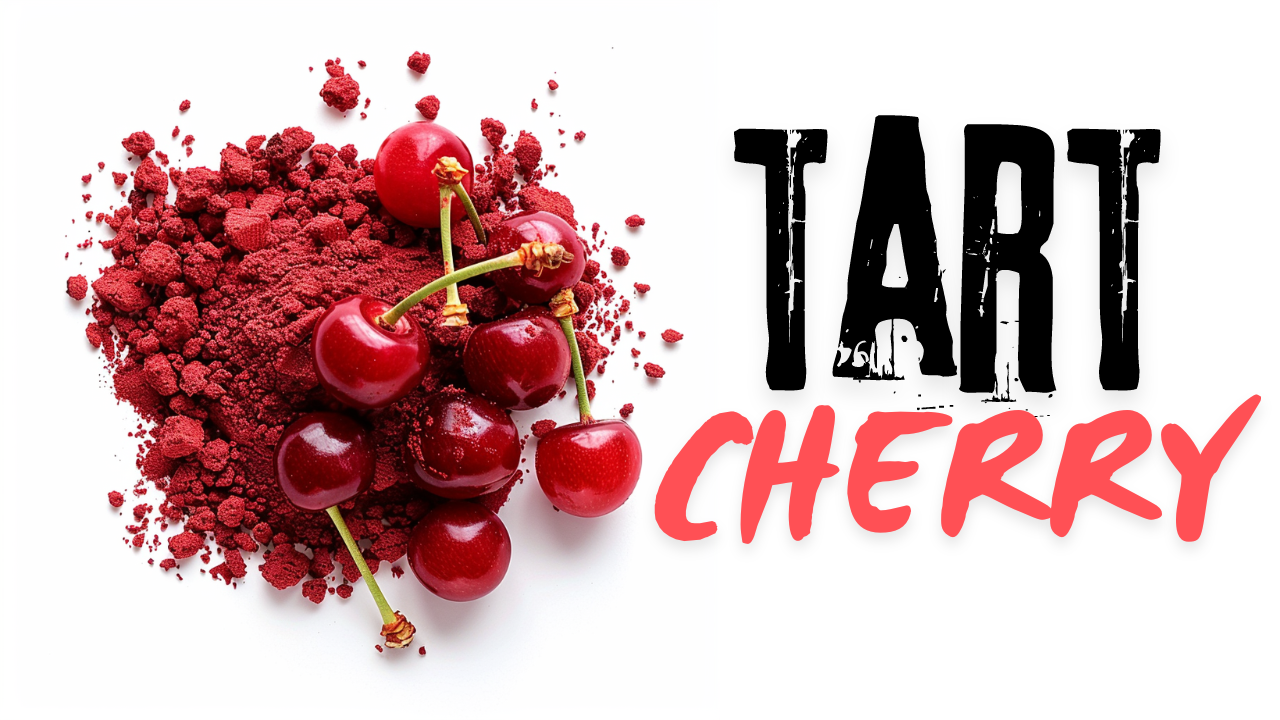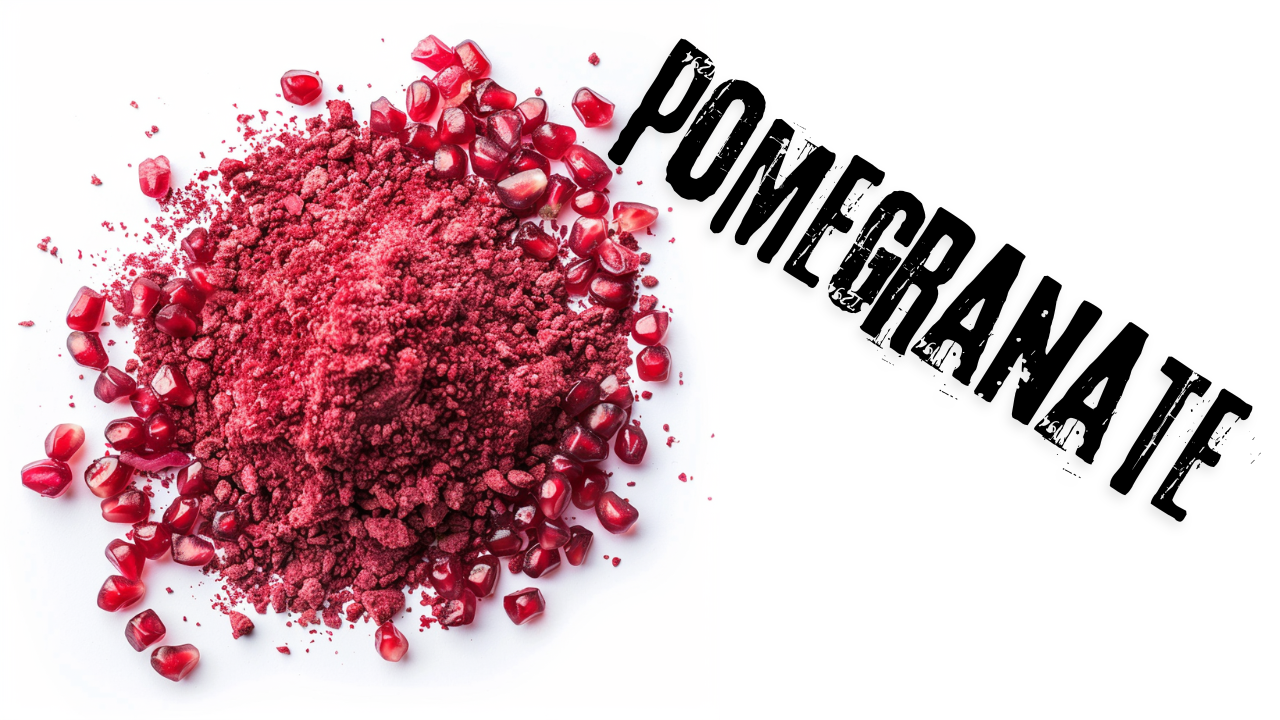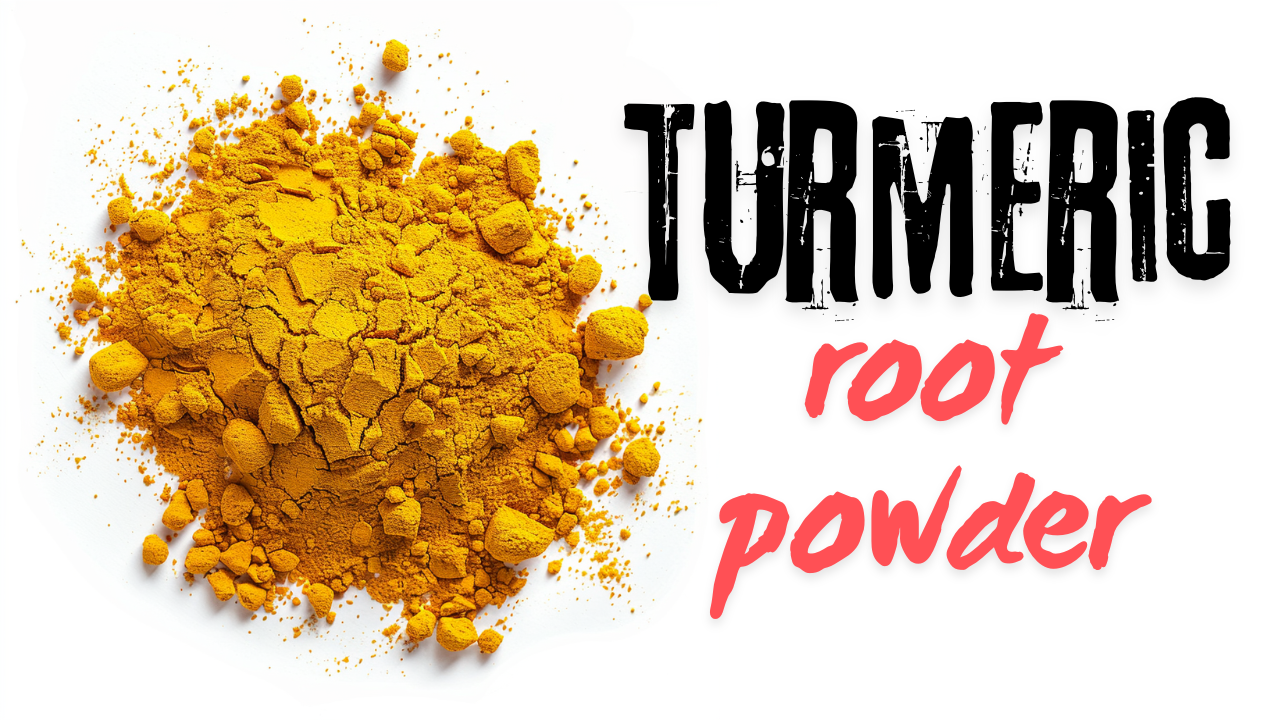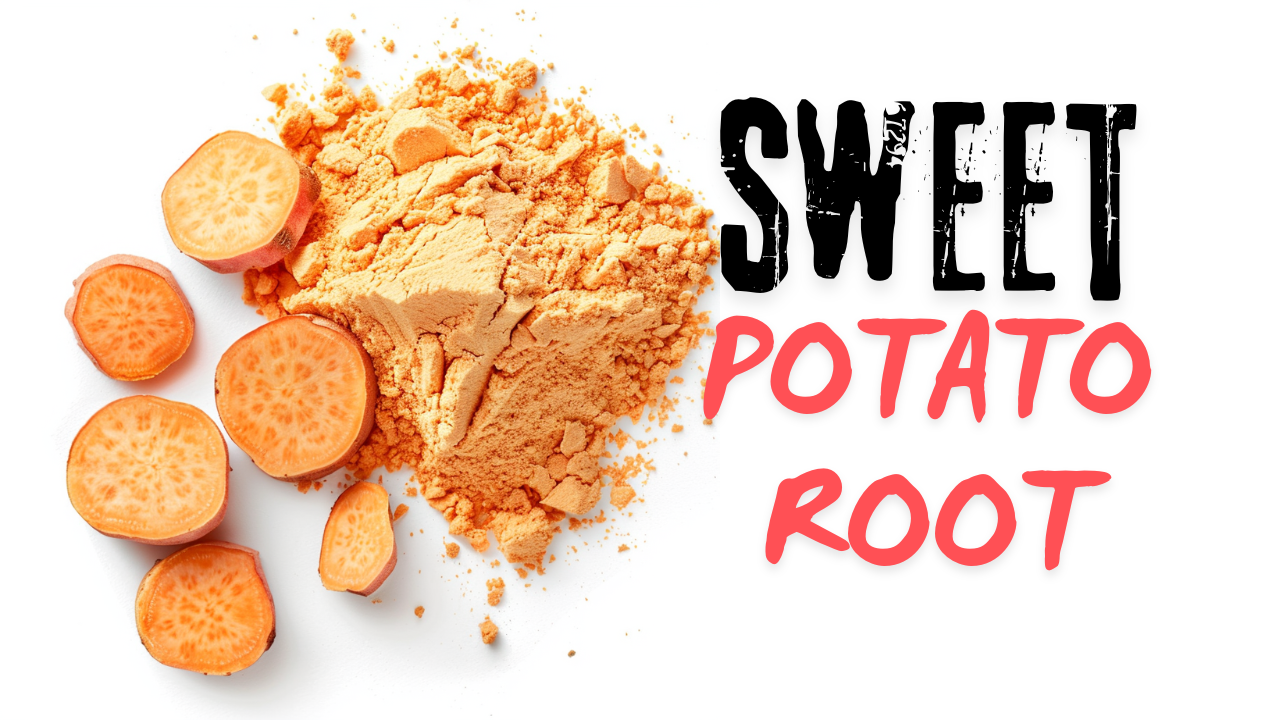Grapes are a popular fruit enjoyed by many people around the world. While most people are familiar with the sweet and juicy flesh of grapes, the skin often goes unnoticed. However, grape skin is not only delicious but also packed with nutrients and interesting properties. In this blog post, we will explore 10 surprising facts about grape skin that you may not have known before.
1. Rich in Antioxidants
Grape skin is rich in antioxidants, which are compounds that help protect the body against damage from harmful free radicals. These antioxidants, such as resveratrol and flavonoids, have been linked to various health benefits, including reducing inflammation and lowering the risk of chronic diseases.
2. Source of Fiber
Grape skin is a good source of dietary fiber. Fiber is essential for maintaining a healthy digestive system and promoting regular bowel movements. Including grape skin in your diet can help increase your fiber intake and support overall gut health.
3. Contains Vitamin C
Grape skin contains vitamin C, an essential nutrient that plays a crucial role in supporting the immune system and promoting collagen production. Including grape skin in your diet can help boost your vitamin C intake and support overall health.
4. Natural Sunscreen
Grape skin contains natural compounds called polyphenols, which can act as a natural sunscreen. These compounds help protect the skin from harmful UV radiation and reduce the risk of sunburn. However, it is important to note that grape skin should not replace traditional sunscreen but can be used as an additional protective measure.
5. Enhances Wine Flavor
Grape skin is an essential component in winemaking. The skin contains pigments and tannins that contribute to the color, flavor, and aroma of wine. Different grape varieties and their skins can result in a wide range of wine flavors, from light and fruity to bold and robust.
6. May Help Lower Blood Pressure
Studies have shown that certain compounds found in grape skin, such as resveratrol, may help lower blood pressure. These compounds can help relax blood vessels and improve blood flow, which can contribute to better cardiovascular health.
7. Supports Brain Health
Grape skin contains antioxidants that have been shown to support brain health. These antioxidants can help protect brain cells from oxidative stress and reduce the risk of age-related cognitive decline. Including grape skin in your diet may help support brain function and memory.
8. Anti-Aging Properties
The antioxidants found in grape skin have been associated with anti-aging properties. These antioxidants can help reduce the appearance of wrinkles, improve skin elasticity, and promote a youthful complexion. Including grape skin in your diet or using grape skin extract in skincare products may help maintain a youthful appearance.
9. May Aid Weight Loss
Grape skin contains compounds that have been shown to have potential weight loss benefits. These compounds can help regulate metabolism, reduce fat accumulation, and increase fat burning. Including grape skin in a balanced diet may support weight loss efforts.
10. Variety of Colors
Grape skin comes in a variety of colors, including red, green, and purple. The color of the grape skin is determined by the presence of different pigments, such as anthocyanins and chlorophyll. Each color variation offers a unique combination of flavors and nutritional benefits.
In conclusion, grape skin is not only tasty but also offers a range of surprising facts and health benefits. From its antioxidant-rich properties to its potential anti-aging effects, grape skin is a valuable part of the grape that should not be overlooked. Consider incorporating grape skin into your diet or skincare routine to reap the many benefits it has to offer.

